In addition to her story about the novel, JC Walkup simultaneously wrote a review in The Guide, published by The Mountaineer (Waynesville, NC) on February 25, 2009, p. 5, printed here in its entirety by permission.
Red Clay, Blood River
Review by JC Walkup
Parallel movements of humankind in South Africa and the mountains of North Carolina is a large theme. Everett adds to it a large human cast of characters, the voice of Earth and Water to observe and comment on human movements. Valentin, a German second son and victim of the primogeniture inheritance custom, leaves his father’s farm to claim land in America. He indentures to Johan Straub for two years on a farm near the Chesapeake. At the end of his indenture, he leaves with his new wife, Barbara, to find land in the mountains of North Carolina. He loses both wife and first baby to childbirth complications.
From South Africa comes another story of death and removal, this time the cancer of slavery sickens the characters. “They sat there in silence, she and he. The same color in the darkness…’Maria isn’t your real name, is it?’ ‘No. It is Thembinkosi.’….Thembi, when we are alone…please call me Alexander. I will call you Thembi…Sometimes people llike us…spend a lot of time together….It cures their loneliness.’”
“Does it cure their slavery, Alexander?” His answer is honest, if cruel. After the English family leaves Africa, she is sold and survives the horrors of a slave ship to arrive in Charleston to be slave to Lady Annabelle Northrup. When that family falls on hard time, she and her son are sold to an owner who takes them to the Cherokee in Western North Carolina.
A contemporary couple, Clayton Bagwell and Marie, investigate Eastern Cherokee history and share a conversation that reflects the bittersweet hope for the future. “Under all that scientific veneer we always come back to it, don’t we? It’s just rednecks and redskins, Whites and Blacks. I thought you…you were something fresh….A White girl from Africa. Maybe you might be different. You might bridge the gaps.”
Earth reports what happens in Africa in 1828 during the same period of the Cherokee removal. “The blood was still fresh in our bowels from Shaka’s annihilation of the Ndwandwe in the hills above the Mfolozi. His warriors slaughtered them, their women and their children. His fighters took their cattle and possessions….It was the year Americans elected Andrew Jackson as their chief.” Broken treaties and bridges of trust are ground in the dust in both countries. Everett’s message of universal suffering when men denigrate the value of differing cultures comes through his tales of families who build and loose, then survive to build again.
Author Everett has Earth succinctly state his overall message: “Underneath we felt the constant movement. Of feet along the mountain paths. Of hooves and wheels,…from village crossroads…to cities where the boats came in from sea. We felt the pressure building up; the peoples pressed and lured from Europe, forced from Africa, colliding with the people knit by animals and plants into the rocks of mountain ridges, the loam of silted streams. It was an inexorable movement, heaving up a mountain of pain.”
Barbara Bates Smith worked with Everett to adapt the core of this book to a dramatic reading format. Selections of just the right passages convey the entire panorama of this ambitious book. When they performed it in the Waynesville Library with musical accompaniment by Jeff Sebens, it was well received by a standing room only audience.

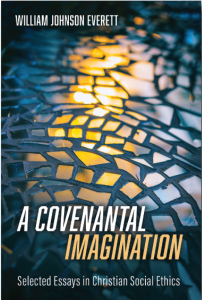
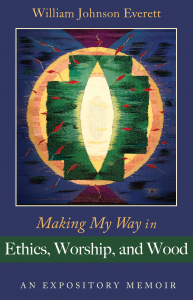
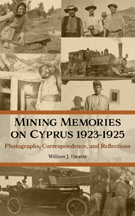

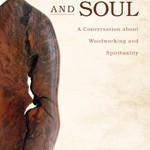
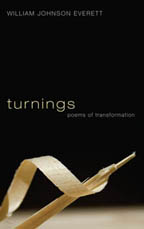
 Red Clay, Blood River
Red Clay, Blood River
There is history missing. What happened before Amerigus and Columbus arrived to the black people and Indians that were here before them. Where are the notes of what happened from the time of 1700 ~ 1800 and 1801 – 1890 in building America. Is it true that the red clay of North Carolina is called the red blood of slaves; that Cherokees (of which I am told my grandmother was) pwned black slaves. If so, Indians were here and blacks before America was discovered. Where are those history notes.